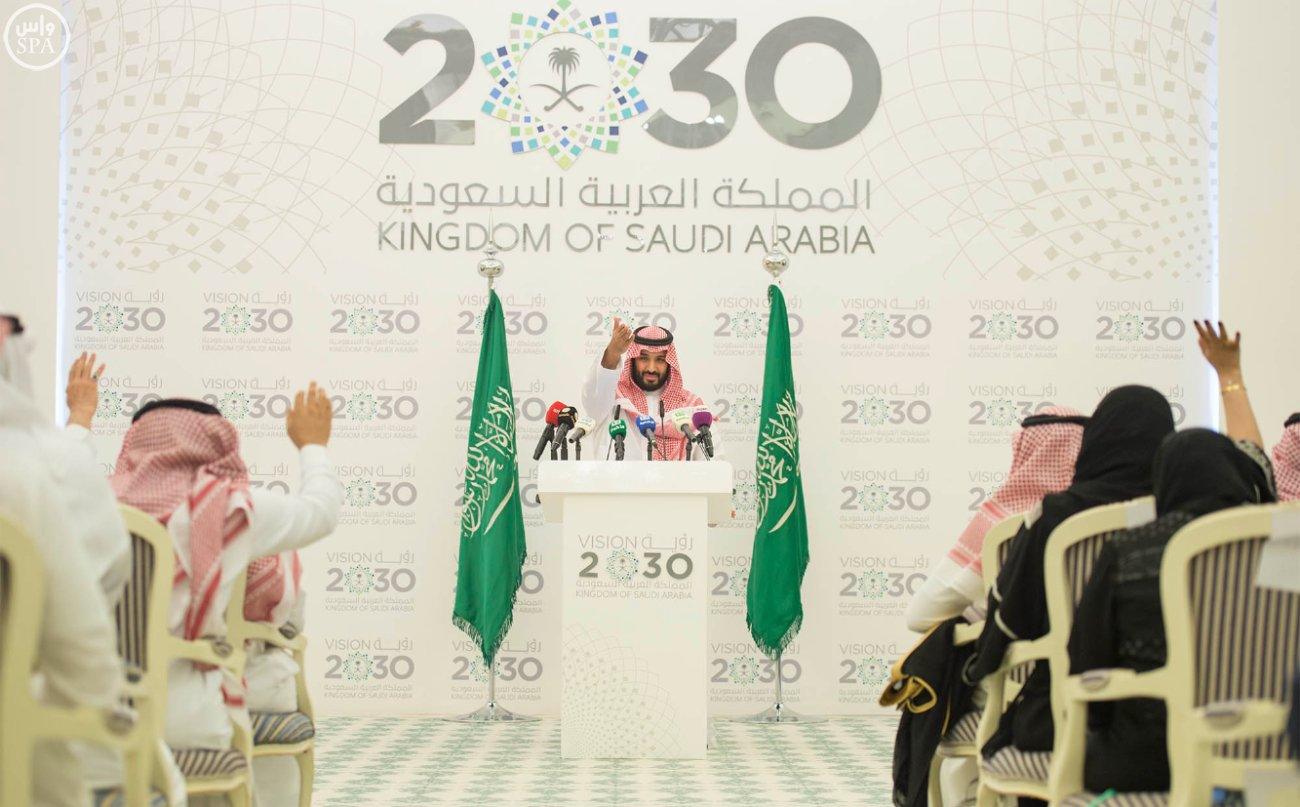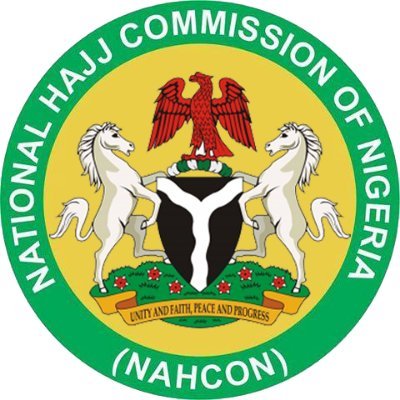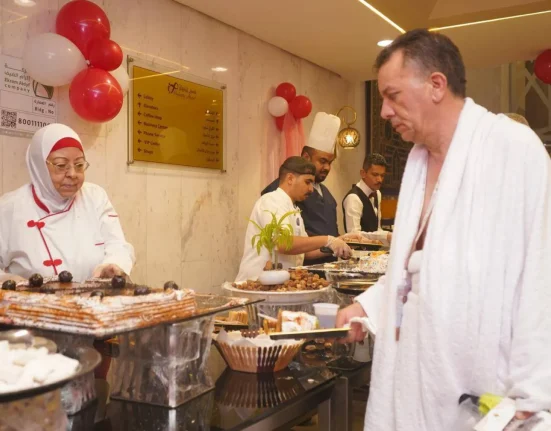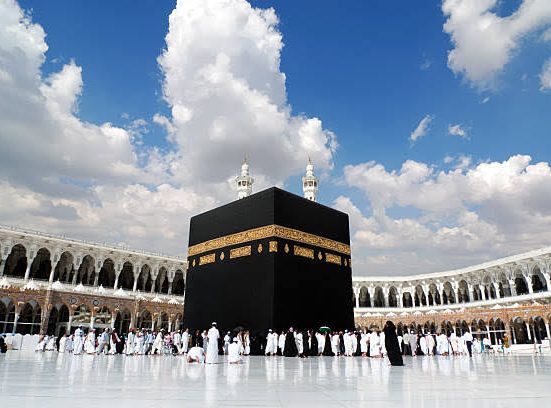In a significant move aligned with the Kingdom’s long-term economic diversification goals, Saudi Arabia has introduced tourism and hospitality studies into its national school curriculum. The initiative, which is part of the broader Vision 2030 strategy championed by Crown Prince Mohammed bin Salman, is designed to equip young Saudis with the skills and knowledge required to thrive in the country’s growing tourism sector.
This development was confirmed by the Saudi Minister of Tourism, Ahmed Al Khateeb, who emphasized the importance of education in sustaining the Kingdom’s ambitious tourism targets.
According to Al Khateeb, embedding tourism and hospitality modules into early education is a proactive step to nurture a generation that is not only aware of Saudi Arabia’s rich cultural heritage but also prepared to serve as ambassadors for it in an increasingly globalized market.
Under this new directive, students across various educational levels will now receive foundational knowledge in areas such as customer service, travel management, hotel operations, cultural etiquette, and sustainable tourism practices. These lessons are designed to foster a culture of hospitality and enhance service delivery, which is a core component of Saudi Arabia’s efforts to position itself as a leading global tourist destination.
Vision 2030, aims to reduce the Kingdom’s reliance on oil by boosting other sectors, including tourism. One of the key objectives under this vision is to attract 150 million tourists annually by 2030—both international and domestic—a target that necessitates a trained, locally sourced workforce. The tourism sector, which already contributes significantly to Saudi GDP, is projected to account for over 10% of the national economy by the end of the decade.
The decision to introduce tourism education at the basic level also reflects a shift in societal attitudes towards the sector, which was once undervalued in the Kingdom. With international events, mega-projects such as NEOM and The Red Sea Project, and heritage sites like AlUla gaining global attention, there’s a pressing need to prepare Saudi youth for emerging career opportunities in tourism and hospitality.
Stakeholders across the educational and tourism landscapes have lauded the move, noting that it brings Saudi Arabia in line with global best practices. Countries like France, Switzerland, and the United Arab Emirates have long incorporated tourism into their educational frameworks to strengthen human capital in the sector.
This latest reform signals a commitment to sustainable economic transformation by investing in human development. By integrating hospitality and tourism into school syllabuses, the Kingdom is not only addressing future employment needs but also instilling a sense of pride and cultural awareness among young citizens.
As part of the rollout, teachers are being trained with updated curricula, and partnerships are being formed with tourism institutions to ensure students gain practical exposure. Industry experts say the initiative is likely to play a pivotal role in changing perceptions about careers in tourism, making it a viable and respected choice for future generations.
In a nation undergoing rapid modernization, the inclusion of tourism and hospitality studies marks a vital step toward realizing the aspirations of Vision 2030. It is a calculated move that blends educational reform with economic foresight—demonstrating that the road to a diversified Saudi economy begins in the classroom.







